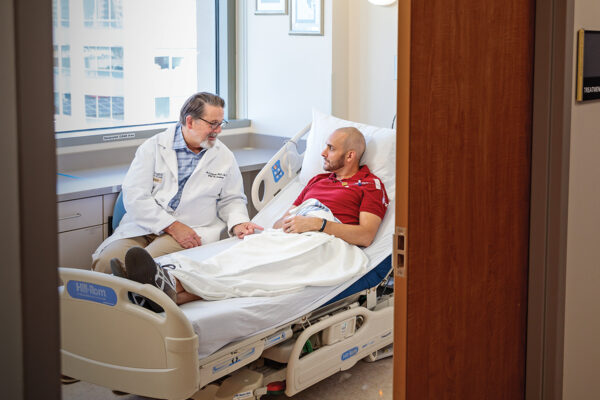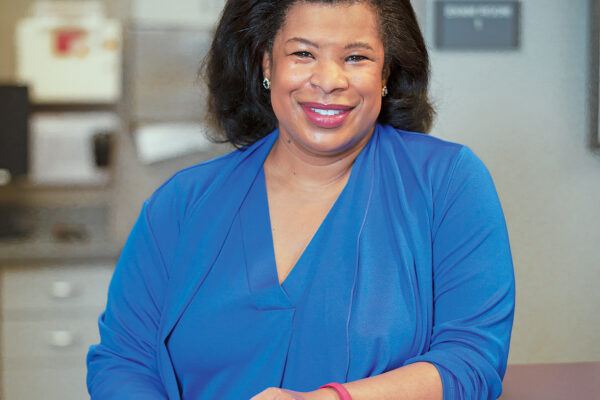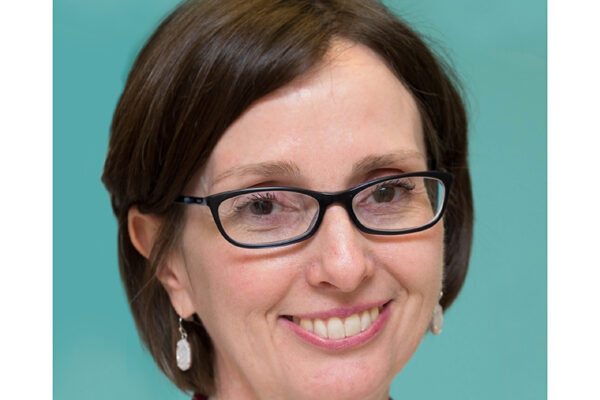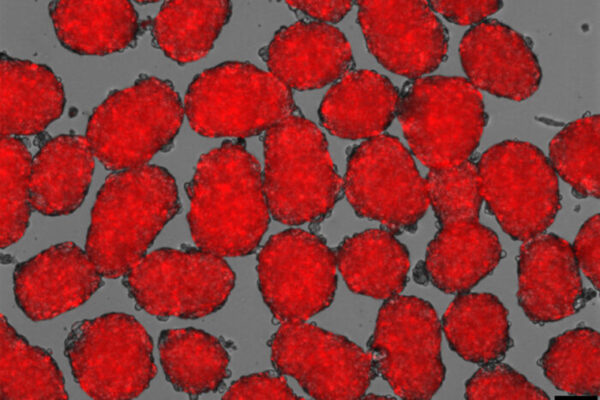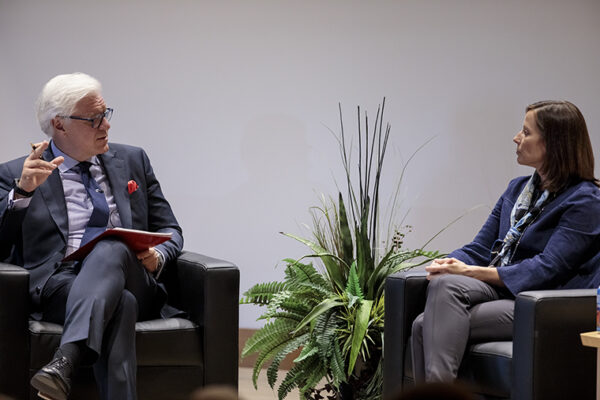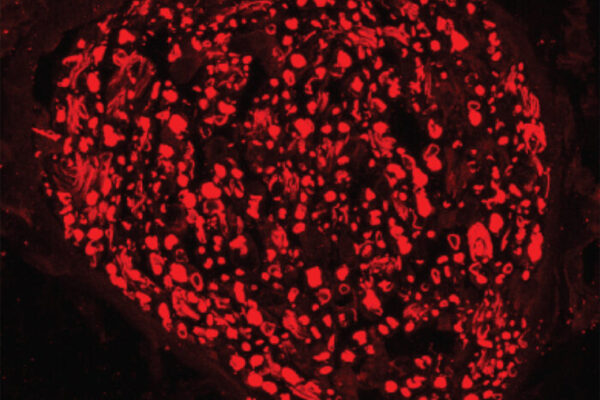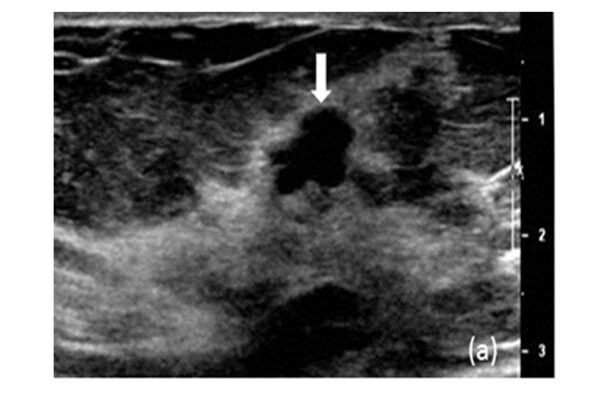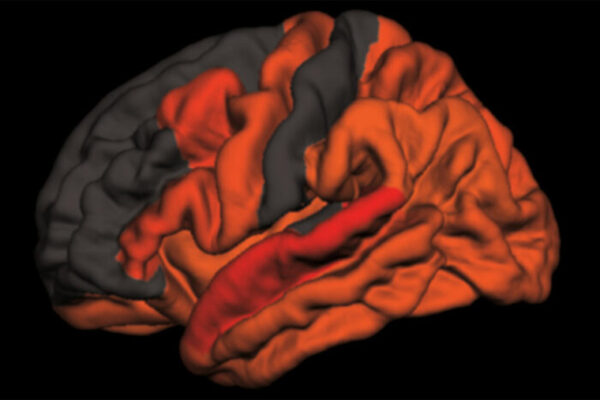Utmost care
A day in the life of Washington University School of Medicine showcases the breadth of ongoing efforts to advance research, education and the best medical care possible for patients.
Serving with a clear mission
Monique Williams, AB ’95, MD ’99, MSCI ’08, is a physician with expertise in geriatric medicine and an advocate for including underrepresented populations in medical studies.
Elward named Children’s chief medical officer
Alexis Elward, MD, was named St. Louis Children’s Hospital chief medical officer. The appointment became effective Jan. 1.
New hope for stem cell approach to treating diabetes
By tweaking the recipe for coaxing human stem cells into insulin-secreting beta cells, a team of researchers at the School of Medicine has shown that the resulting cells are more responsive to fluctuating glucose levels in the blood. The finding may lead to a new approach to treating diabetes.
Emanuel, panels lead discussion on health-care innovation
The issue of ever-changing health care, particularly drug discovery, care delivery and introducing new technologies, will be the topic of a morning-long symposium Jan. 23 at Washington University in St. Louis’ Olin Business School as part of the David R. Calhoun Lectureship.
Gene therapy blocks peripheral nerve damage in mice
In a new study from the School of Medicine, scientists have blocked the destruction of nerve axons in mice, a step toward helping patients with various neurodegenerative disorders.
Obituary: Gerald Medoff, former director of infectious diseases, 82
Gerald Medoff, MD, professor emeritus of medicine and beloved former director of the Division of Infectious Diseases at the School of Medicine, died peacefully Jan. 14, 2019, in hospice care in Creve Coeur, Mo., following a long bout with Parkinson’s disease. He was 82.
Novel imaging technology may help reduce biopsies for breast tumors
Scientists at Washington University in St. Louis plan to use a new imaging technique to get a better look at breast tumors and reduce unnecessary biopsies.
New strategy may curtail spread of antibiotic resistance
In studying a bacterium that causes disease in hospitalized people, researchers at the School of Medicine have figured out a key step in the transmission of antibiotic resistance from one bacterium to another. Their insight suggests a new strategy for stopping the spread of antibiotic resistance.
Decreased deep sleep linked to early signs of Alzheimer’s disease
A new study from the School of Medicine has found that decreased deep sleep is associated with early signs of Alzheimer’s disease.
View More Stories
